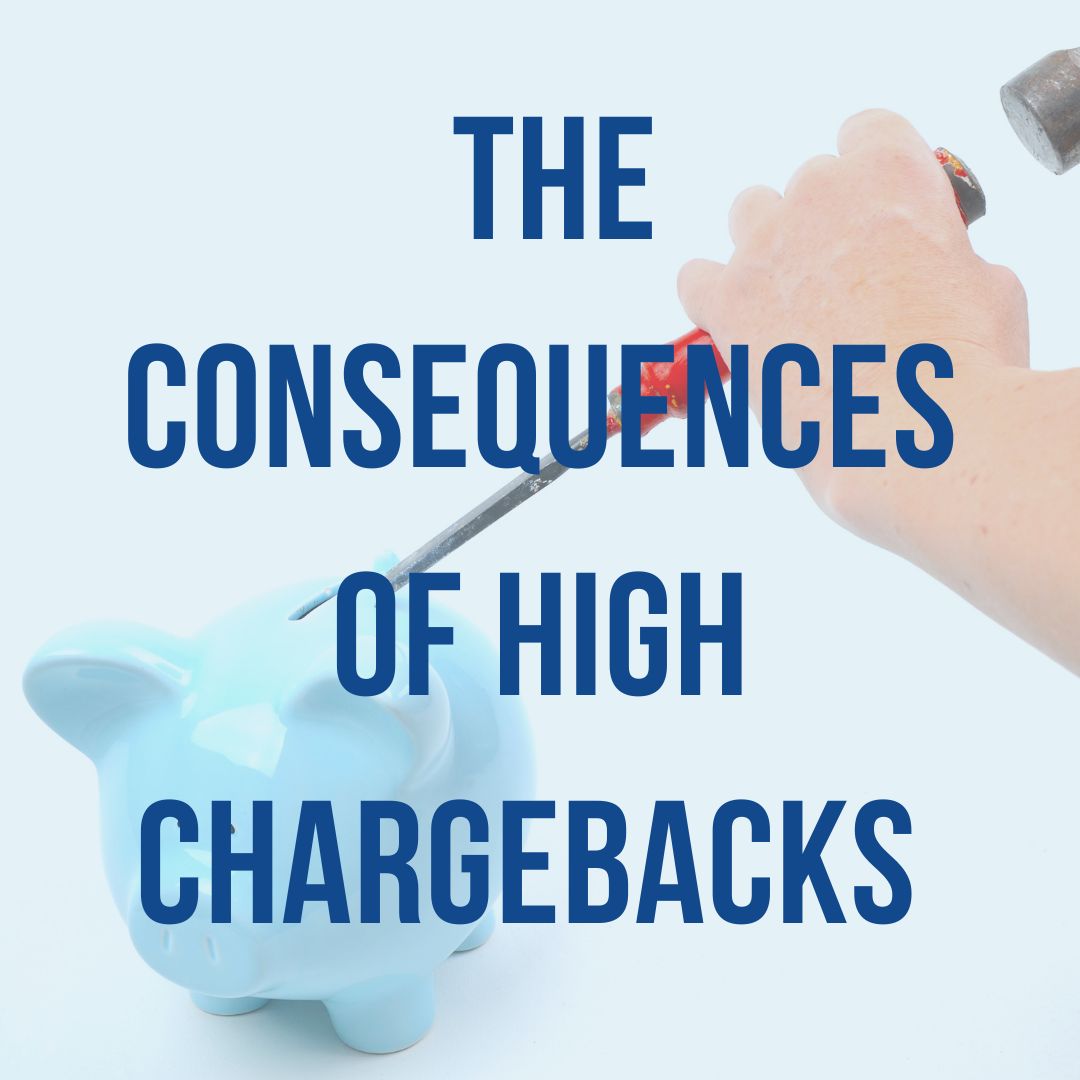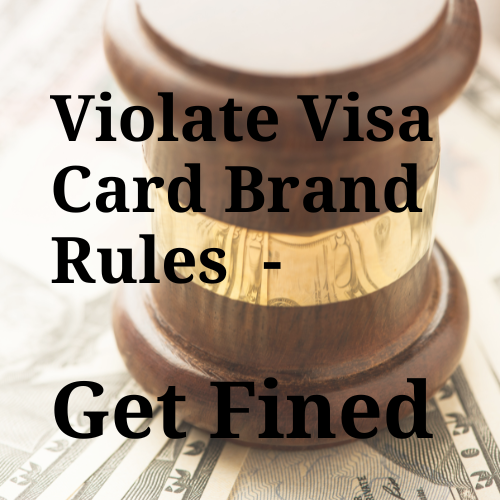 With the advancements in digital payments and the growing popularity of mobile wallets, consumers are turning to card payments more than ever. Over the last couple of years, we’ve experienced a huge move towards ecommerce and online shopping, adding to the reliance on card payments.
With the advancements in digital payments and the growing popularity of mobile wallets, consumers are turning to card payments more than ever. Over the last couple of years, we’ve experienced a huge move towards ecommerce and online shopping, adding to the reliance on card payments.
The simple fact is, consumers love using credit cards for everything they need. The primary reason consumers choose to use credit over debit or cash is largely due to two benefits: rewards and protection.
Consumers love earning miles, points or cash back through the use of rewards cards. Getting a bonus or cash back can make them feel like they’re getting a lot more for their hard earned money. Rewards cards continue to dominate the market with adoption increasing across all credit sore levels. In fact, rewards cards account for more than 60% of new accounts. And use of rewards cards accounts for 85% of all transactions, according to the U.S. Consumer Financial Protection Bureau’s 2019 Consumer Credit Market Report.
There is also the promise of more protection from liability when it comes to fraud. With debit card use, consumers simply do not have the same protection if their information is compromised as they do with their credit card company. They also have the option of filing a chargeback against the merchant if there is a problem with the product.
What many consumers don’t realize, however, is how much more expensive these rewards cards are for merchants to accept. It never crosses their mind that somebody has to pay for all those miles and points they’re earning. And they certainly don’t think that it is actually the merchants they so love to frequent paying for their rewards.
No wonder more and more merchants are looking for ways to help offset these costs that are eating into their bottom line.
The high cost of rewards cards leads merchants to look for ways to lower processing costs.
This in turn has led to many Merchant Service Providers attracting new merchant accounts with the promise of free credit card processing. If you’ve looked around the internet for credit card processing lately, you’ve most likely seen some of these promises.
You may have seen taglines from processors like “zero fee credit card processing” or “keep 100% of your credit card revenue”. They might also promise “No interchange fees” or say “we pay your interchange fees.”
You've probably heard the popular saying “nothing is really ever free”. Well this is one of these cases.
When you go on to read how the system works, it explains that the “service fee” you charge goes to them and “pays all your processing fees.” They are certainly not paying your interchange fees out of their pockets.
You are not getting free credit card processing. You, instead, are offsetting your costs by passing on the costs to your credit card using customers. Semantics? Maybe it should be thought of more like ‘free to you” credit card processing. In the very least it is misleading.
What the processor is really offering when they say “free” or “no cost” processing, is a Surcharge Program for credit card processing with your merchant account. It has become quite popular with many Merchant Service Providers and processors. With this type of program, a surcharge is added to each credit card transaction, effectively passing the fees on to your customers. The idea is that by adding a surcharge when customers choose to use a credit card, merchants can offset the high costs of accepting cards.
Can there really be “free” credit card processing?
A lot of processors like to use this verbiage to make it sound like they offer processing without charging you any fees like “other” processors do. And it sounds really tempting to merchants. But that is not actually what is happening.

Unfortunately, there is just no such thing as truly free credit card processing. First of all, the fees merchants pay come from the several entities involved in making payment transactions happen.
There is just no way the card brands companies (Visa, MasterCard, Amex) are going to process the transactions for free. Somebody has to pay for the use of the Interchange for processing financial transactions. Often, there are monthly maintenance fees and PCI compliance fees, chargebacks, Address Verification Service (AVS) fees. These are all costs that the merchant is usually still responsible for.
What is a Surcharge Program, is it legal?
Frustrated with high processing fees, merchants filed a class-action lawsuit against Visa and MasterCard for charging exorbitant fees. Merchants argued that Card Brands created guidelines that kept them from adding a credit card surcharge or pointing customers at less expensive options. They also argued that merchants were being charged excessively high fees with no way to try to offset any of the cost. They won.
In a nutshell, here is what is going on with the laws surrounding the credit card surcharge debate.
In 2005, a class-action lawsuit was brought against Visa and MasterCard, alleging that the card associations were “charging unreasonably high interchange fees” and preventing merchants from passing any of this cost onto consumers.
The lawsuit made its way from the Federal District Court to the United States Court of Appeals, and to the United States Supreme Court. After more than a decade of fighting they finally came to a settlement. As a result of the lawsuit, card associations have changed their rules and created guidelines for merchants to recoup some of the costs of accepting credit cards.
Surcharging can make processing less expensive for the merchant because they are passing some of the costs on to their customers.
But regardless of the outcome of the lawsuit, merchants who want to charge customers for processing credit card transactions have their work cut out for them.
Credit card surcharge plans have their limitations.
At first glance, implementing a credit card surcharge program may seem like the perfect answer. But, as with anything, there are pros and cons. The laws surrounding this type of program carry specific limitations. One of the first being a cap on how much you are allowed to pass on to your customers. So for many, this may not actually cover all of the business’s processing costs. For this reason it is very misleading to reel in merchants by offering “free” processing.
Unfortunately, merchants can’t just decide to recoup their costs and pass the fees on to customers. If merchants want to implement a surcharge program, there are many rules, guidelines, and business and customer considerations they need to take into account. The regulations will vary from state to state, so merchants must stay on top of the rules to ensure continued compliance.
There are distinct actions that must be taken to remain compliant. Merchants must display specific signage clearly notifying the customers of the workings of the program. They will also need to have the terminal reprogrammed to clearly notate, as a separate line item, the discount on the customer receipt. There are also requirements for your printed receipts and reporting to the acquiring bank.
It would behoove any merchant to make sure they weigh them carefully before jumping in. Especially since there are alternatives like the cash discount program that essentially do the same thing, without all the headaches.
Credit Card Surcharge Rules - What you need to know…
 Card associations set strict guidelines for merchants to follow when imposing a surcharge for credit card use. Their primary goal is to make sure merchants were not going out of their way to discourage a consumer from using their preferred form of payment, whether that form was a card or cash. Visa and MasterCard have set some specific rules to assessing a surcharge but each card company has their own guidelines for setting up surcharges.
Card associations set strict guidelines for merchants to follow when imposing a surcharge for credit card use. Their primary goal is to make sure merchants were not going out of their way to discourage a consumer from using their preferred form of payment, whether that form was a card or cash. Visa and MasterCard have set some specific rules to assessing a surcharge but each card company has their own guidelines for setting up surcharges.
But, merchants should also know the laws surrounding credit card surcharges within the state they are operating. There are several states that passed laws banning the use of credit card surcharges. California, Utah, Texas, Florida, Kansas, Oklahoma, Maine, and New York all have anti-surcharging laws. However, due to the outcome of court battles, these laws have been rendered unenforceable. But they still remain on the books.
Currently, though, Connecticut, Massachusetts, and the U.S. Territory of Puerto Rico ban surcharges with enforceable anti-surcharge laws.
Another important point to keep in mind that surcharge laws only apply to actual credit cards. You cannot apply a surcharge to a gift card or a debit card, even if that debit card is being “run as credit”.
Merchants will also want to take note that certain processors do not allow their merchants to add a surcharge to transactions. For example, both Square and PayPal have terms of agreements that strictly prohibit the use of surcharges.
Primary rules for adding credit card surcharges:
-
Merchants must provide proper notification.
Merchants must notify the card company in writing that they intend to begin charging a surcharge at least 30 days in advance. Visa and Mastercard have a form on their websites for merchants to fill out.
Notify your credit card processor/acquiring bank that you will be adding a surcharge to your processing. Most require 30 days notice as well.
Merchants can choose to apply surcharges to card brands or specific product-level cards (ie. miles or cash back cards), but you can’t do both.
-
Each card brand has their own set of guidelines for credit card surcharges.
Merchants who want to implement a surcharge program will need to make sure they are following the guidelines for every card brand they accept.
-
There are limits on the surcharge amount.
Merchants are prohibited from assessing a higher surcharge on one card network over another.That means that even though American Express costs more to accept, you cannot charge 3% surcharge for Amex, and charge a 2% surcharge for Visa.
Regulations only allow merchants to surcharge customers a percentage equal to their own rates up to a max of 4%. It has to be one flat fee across the board and there is no circumstance where it can exceed a maximum of 4% even if your fees are higher.
-
You must make sure your customers are fully aware and post appropriate notice inside your store.
Merchants are required to post a notice at both the entry and right next to the POS system informing customers they will be charging a fee. Merchants must clearly post the exact amount of the fee and include a statement that it will not exceed their own processing fees.
-
Merchants must include the surcharge amount on the receipt.
The listed fee must be in a separate line item in the network authorization request as well as in the settlement.
-
Merchants are required to report these fees to the card processor and the card issuing networks.
-
Merchants will need a POS capable of supporting these features.
Merchants will need to have their terminal reprogrammed by their Merchant Service Provider in order to meet these requirements.
-
Refunding credit card transactions
And, of course, merchants must refund the surcharge fee when crediting any customer a refund.
How to do credit card surcharging the right way.
Some companies that are only marketing “free credit card processing” do not always have your best interest in mind. Their goal isn’t necessarily to offer you fair merchant account pricing and a way for you to help offset those costs effectively. Unfortunately, sometimes they are only looking to keep fees as high as they can, (since you aren’t paying them anyway), and make the most money on your account that they can. This does not have your long-term best interests in mind.
What happens if this program does not work for you or your customers? Where does that leave you except locked into high credit card processing fees that you have to pay.
WE prefer to be transparent about our pricing models and strive to additionally offer our merchants programs that are available to them to ensure the most success for their business. One of those alternative options is what we call a cash discount program.
The cash discount works a lot like a credit card surcharge program except that instead of adding a surcharge to those sales where a credit card will be used to complete the purchase, there is a discount offered when a customer chooses to pay cash. This option can be less off-putting to customers and is legal in all 50 states. There are still rules and regulations around implementing this program so don’t go running out and start offering people a cash discount without doing your due diligence!
There are regulations regarding signage educating customers, notifying the card brands of your intent, as well as minimum time frames that must be met. But once all of this is taken care of it is very easy to set in motion. While you don’t need to Fully understand the legality and logistics or regulations around implementing this type of program, your processor must. You will want to make sure you are choosing a processor who is not only knowledgeable, but also possesses integrity.
There are pros and cons of implementing programs such as these. In our next article, we'll dive into the bonuses and downsides of implementing a surcharge program to offset credit card processing costs. We'll also dive in and explain how a cash discount program works and the differences between the two.
Don’t be fooled by those processors who are offering "zero cost" processing just to make their own dime. Make sure you partner with a processor that will ensure your business is set up in a way that promotes long term success for you and your customers. At MonerePay, the long-term success of your business IS our primary goal.

(1).jpg)



